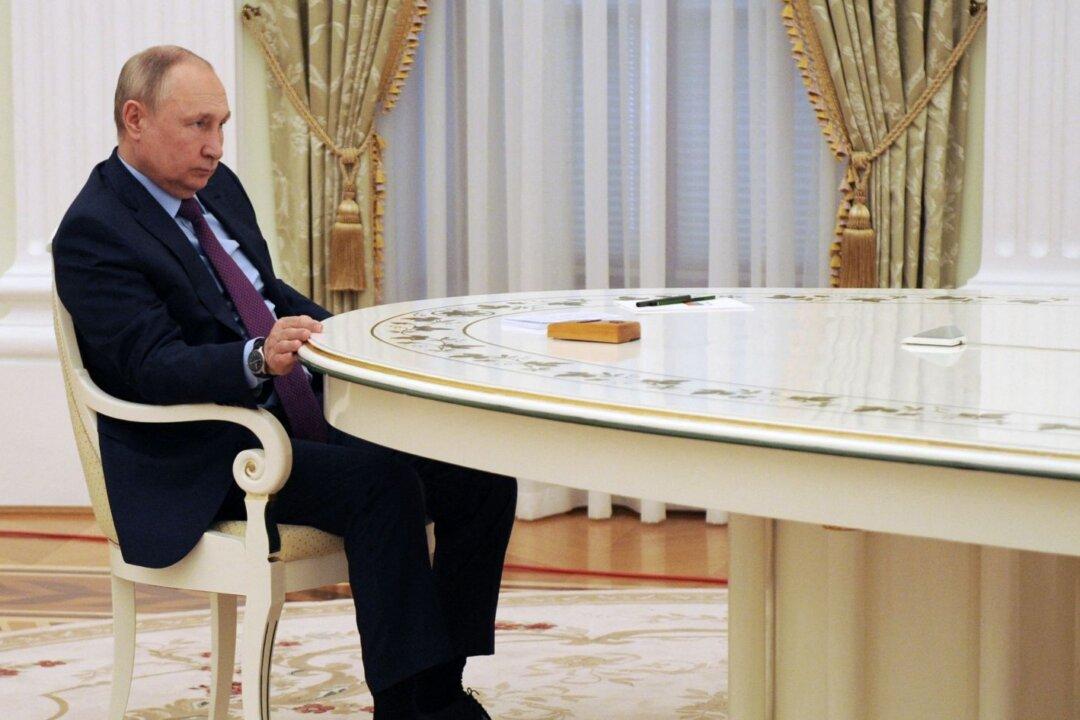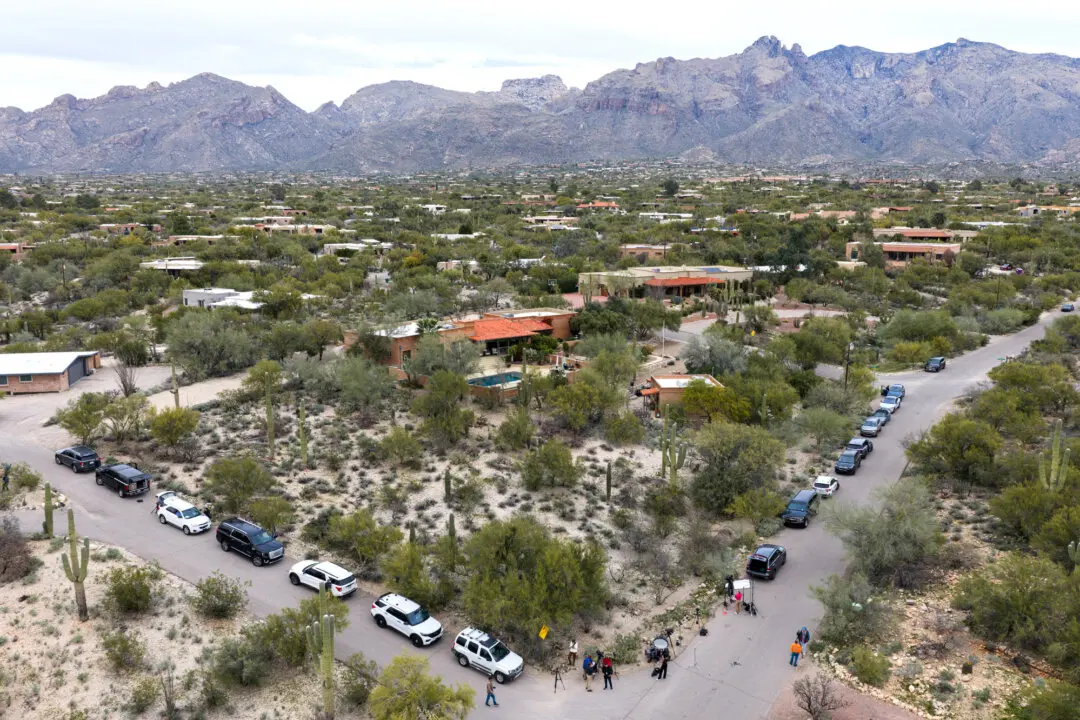Russian President Vladimir Putin announced on April 20 that his country has tested the Sarmat intercontinental ballistic missile (ICBM), which has been under development for years, but this comes as the conflict in Ukraine reaches its second month.
The nuclear-capable Sarmat, dubbed by NATO and the West as the “Satan II,” is counted among Moscow’s next-generation weapons, including Kinzhal hypersonic missiles, that have been reportedly employed in Ukraine.





